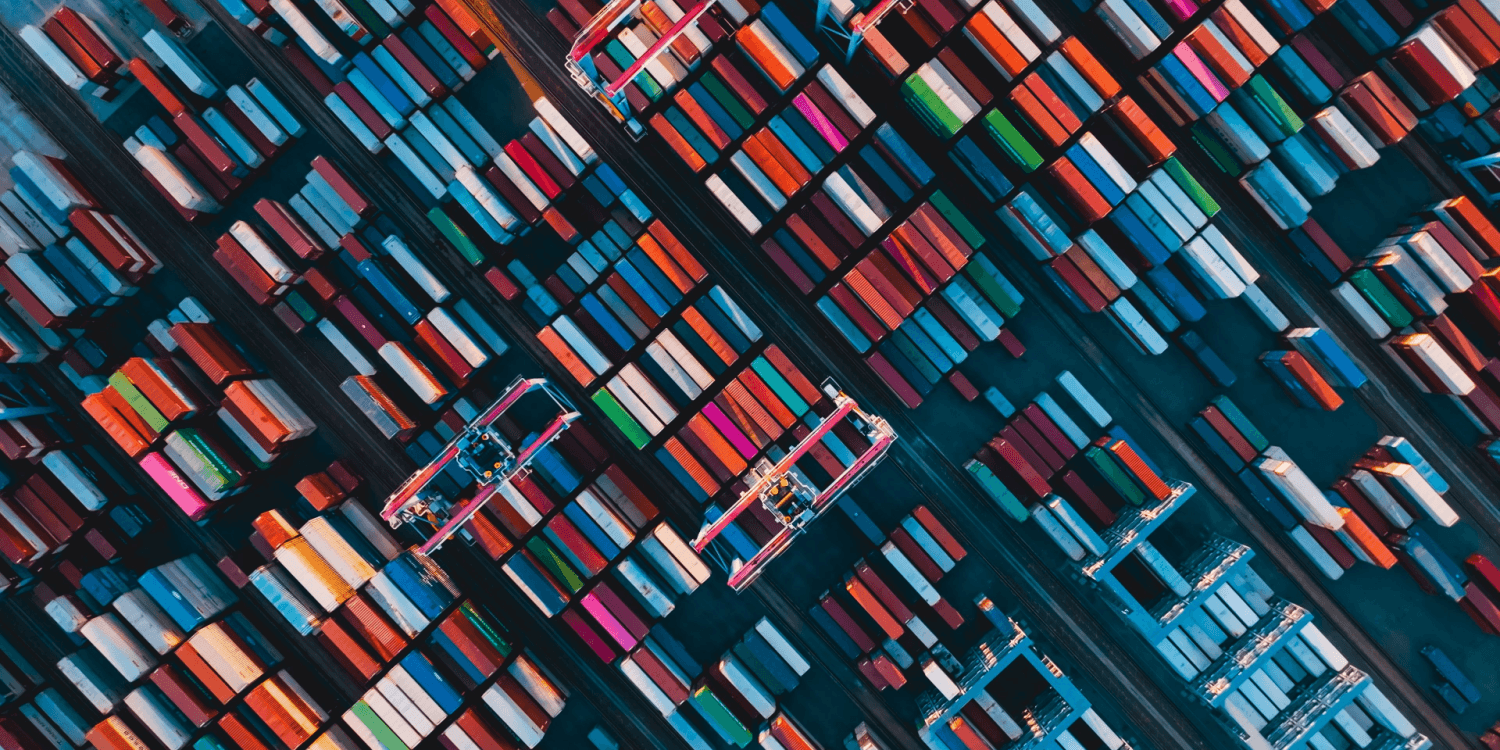On 2 October 2025, the Kofi Annan Foundation and the Graduate Institute’s Albert Hirschman Centre on Democracy, in partnership with the Centre for Trade and Economic Integration (CTEI), convened the fifth in a series of thematic roundtables exploring the intersections of democracy and multilateralism.
The session was held as part of the Athens Democracy Forum, an annual international conference that brings together global leaders, policymakers, scholars, and activists to discuss the state of democracy.
The roundtable explored the upheaval in the current global trading system, seeking to understand why the old system has failed, and how a new one, centred on inclusivity and democratic legitimacy, might take form. Discussions focused on the potential scenarios for the global trading order outlined in a research paper (Issue Brief 5) co-authored by Christian Winkler and Professor Cédric Dupont of the CTEI.
Christian Winkler, Research Associate at CTEI, Alice Tipping, Director of Trade and Sustainable Development at the International Institute for Sustainable Development, and Declan O’Brien of the Kofi Annan Foundation led the discussions.
Access the recording of the event:
Participants agreed that the current rules-based trading system, which has held sway for much of the last 80 years, is under extreme pressure, and that even at its peak, many people had been excluded from the economic benefits it provided. However, there was less consensus regarding what type of system was likely to emerge from the current moment of crisis.
Corinne Momal-Vanian, Kofi Annan Foundation Executive Director, said;
“This is an opportunity for reflection and reform. But any new global trade regime must be rooted in the core principles common to both democracy and multilateralism – inclusivity, transparency, and equality.”
Scenario 1: The Turnberry System
The first scenario, reflecting the Trump Administration’s approach of reshaping global trade around power dynamics and national security interests, was unsurprisingly met with limited enthusiasm among participants. This, in part, reflects the economic uncertainty that has followed in the wake of recent US decisions, as well as a concern that once a purely power-based system takes hold, trust in international cooperation across other policy areas could erode as well, thereby accelerating the current crisis of multilateralism and multilateral institutions.
Scenario 2: Trade Blocks
The second scenario, centered on the emergence of trade blocs, was generally seen as the most realistic, perhaps even as a reflection of the world we already inhabit. A key question raised in this context was whether such a system would be more effective in addressing economic and social challenges and in delivering tangible benefits to citizens. As one participant noted, the durability of this system will largely depend on whether policymakers can successfully compensate the losers of free trade within these blocs. Ultimately, participants agreed that politics, rather than economics, lies at the heart of the current predicament.
Scenario 3: Phased Liberalization
The third scenario, which sought to preserve multilateralism in a more flexible form—giving greater weight to fairness, accountability, and national autonomy —was generally received more positively. Concrete examples, such as the World Trade Organization (WTO) Fisheries Agreement, were discussed with considerable interest. It was also noted that, while the United States publicly criticizes the WTO, it continues to engage actively within the organization in less visible ways, underscoring the enduring value of multilateral institutions even for the U.S. itself. Yet, a central question persisted: how can governments advance a trade future rooted in cooperation and multilateralism?
Scenario 3+1: Multipolar Multilateralism
Finally, a fourth alternative scenario was introduced during the discussion: a vision of “multipolar multilateralism” centered on a concert of great powers. Positioned somewhere between Scenarios 2 and 3, this approach was seen as a potentially pragmatic pathway—one in which a set of shared rules and cooperative frameworks among a few major powers could serve as the foundation for renewed multilateral cooperation.


